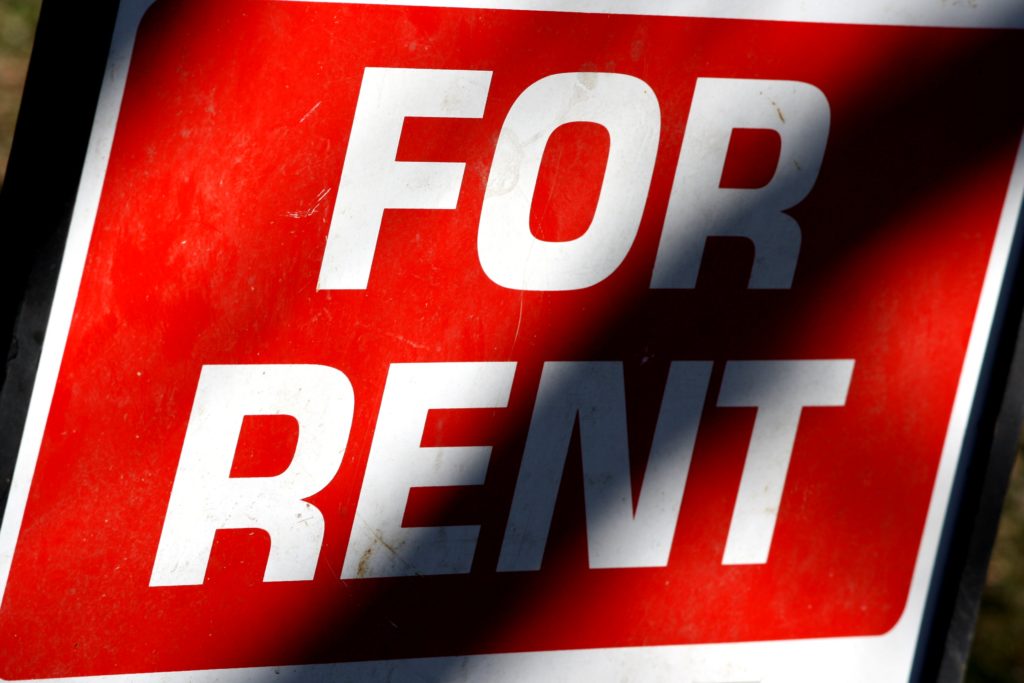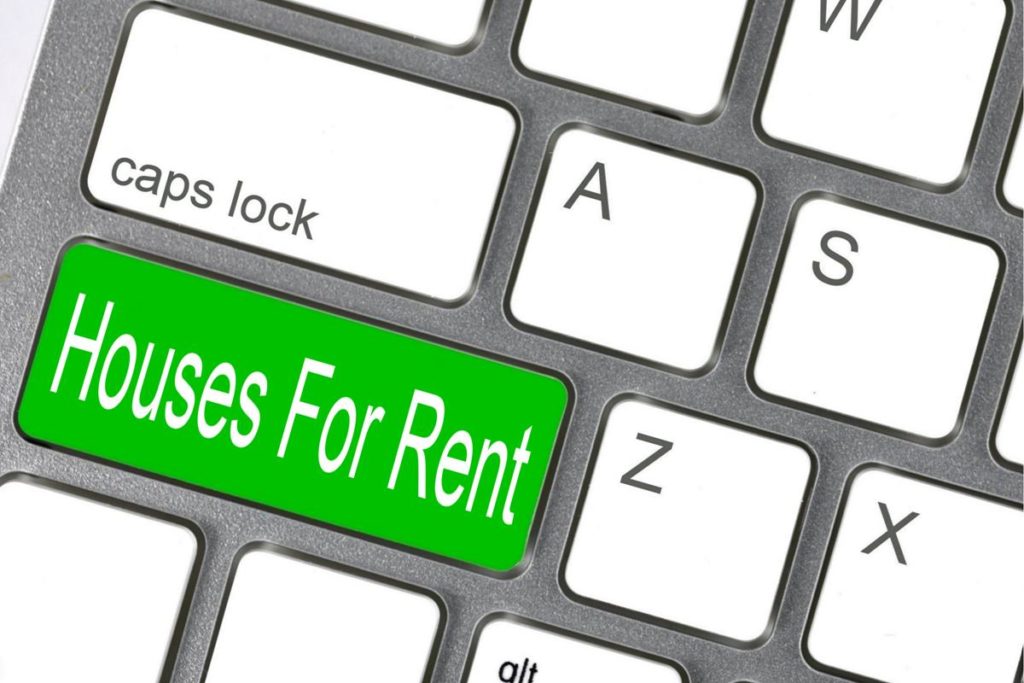The rapid growth in the Real Estate sector has boosted second home investments. To encourage the landlords to start renting out their vacant properties, the government has taken several reform measures.
The Model Tenancy Act was introduced by the Ministry of Housing and Urban Affairs in July 2019. This Act is also known as the draft Tenancy act which promises to protect the interests and facilitate landlord-tenant relationships. The demand for house rentals is increasing on a large scale pan India. This reform was necessary to overhaul the legal framework between the landlord and the tenant.
In India, most of the tenants and house owners are not aware of the basic laws for the mutual interest of homeowners and tenants. We hear a lot of stories that the tenant hasn’t paid the rent of the house and the house owner hasn’t provided the basic amenities to the tenants. To avoid all this hustle it’s better to have a basic understanding of legal rights.
With the understanding of these laws, both the homeowner and the tenant will have a clear picture to avoid circumstances. When one is renting out a property or when one is taking a property on rent, both the parties are likely to get into a contract.
This contract is basically an agreement between the landlord and the tenant. The agreement consists of the permission granted by the landlord to occupy the property for a specific period of time which is mutually decided. This isn’t enough, there is more to it.
Now that you are about to enjoy your residential space, are should be aware of your legal rights as a tenant.
Understand Model Tenancy Act

The Model Tenancy Act reform is useful for both landlord and tenant, in case a dispute occurs between them. The main objective of this act is to cope up with the rapid increase in house rentals and amend the imperfect house rental laws followed by each one of us.
This consists of a rental agreement that brings both the parties in a mutual contract. The act governs the roles and responsibilities of what a tenant needs to do and what a landlord must provide while renting out the property.
The Model Tenancy Act is universal, there could be some minor changes and differences from state to state. This act is beneficial for the renter, as all the rights are clearly mentioned with all the details. Both the parties get to keep a copy of the agreement.
Rental Agreement

The rent agreement has to be submitted to the local rental property. The agreement has to be drafted by a notary and signed by the property owner and renter. Both the parties have to inform the local Rent Authority about the rent agreement within two months of executing the rent agreement. The Rent authority then issues a unique identification number to both the parties within seven days. Rental agreements are mandatory as the oral agreement can cause alot of conflicts and misunderstandings. All the mutually decided things like rent, duration, amenities provided, etc have to be mentioned in the rent agreement.
Security Deposit

It is not legal to charge a deposit of more than three months. According to the latest reform of the Model Tenancy Act, the owner cannot charge the security deposit which is more than the rent of two months. The amount of security deposit has to be mutually agreed upon and mentioned in the contract. The security deposit has to be returned back to the tenant after he decides to vacate the property. The landlord can provide a list of deductions, the amount of repairs caused by damages done by you. With this, even the unpaid rent can be deducted from the security deposit
Related Post: Living In A Hostel v/s Living In A Flat
Maintenance of the property

The cost of maintenance of the property is a joint responsibility of both the owner and the renter as per the law. The basic duty of the tenant is to take care of the property, keep it clean, not cause any damages, and keep the premises well maintained.
Basic fixtures, painting, whitewashing and structural repairs have to borne by both the parties. Any damage caused to the property has to be borne by the tenant. If the tenant refuses to pay, the amount will be deducted from the security deposit. The landlord has to bear the major expenses. It is better to mention the responsibilities of both parties in the rent agreement.
Who will bear what expenses then remain pretty clear and will help avoid conflicts? The law also states that both parties cannot make any extreme changes in the property premises without intimation and the consent of each other.
The landlord cannot visit without prior notice

Your landlord or landlady is not allowed to enter the premises without informing the renter earlier. No matter how urgent it is the owner cannot enter without a 24-hour notice. This is also mentioned in the Model Tenancy Act, the landlord must visit between 7 am and 8 pm. No surprise visits are allowed. A landlord must ensure the privacy of the tenant at all times, even in emergency situations.
Provision of Essential supplies

All the basic rights of the tenant must be provided by the homeowners. Essential amenities and services like water supply, parking spaces, electricity connection, communication links have to be made available. In the case of non-payment of rent, the tenant and the owner cannot withhold these services and amenities. The local Rent Authority can intervene and initiate an inquiry and launch an investigation if required. The homeowner can be penalized and would be asked for compensation to the aggrieved party.
Now that you know all the essential legal rights as a tenant, follow them while you rent out a property. If you are ever stuck in a questionable situation, you can refer to the Model Tenancy Act, 2019, and understand what actions could be taken. Abide by your rights and make your home renting experience happy and hassle-free.